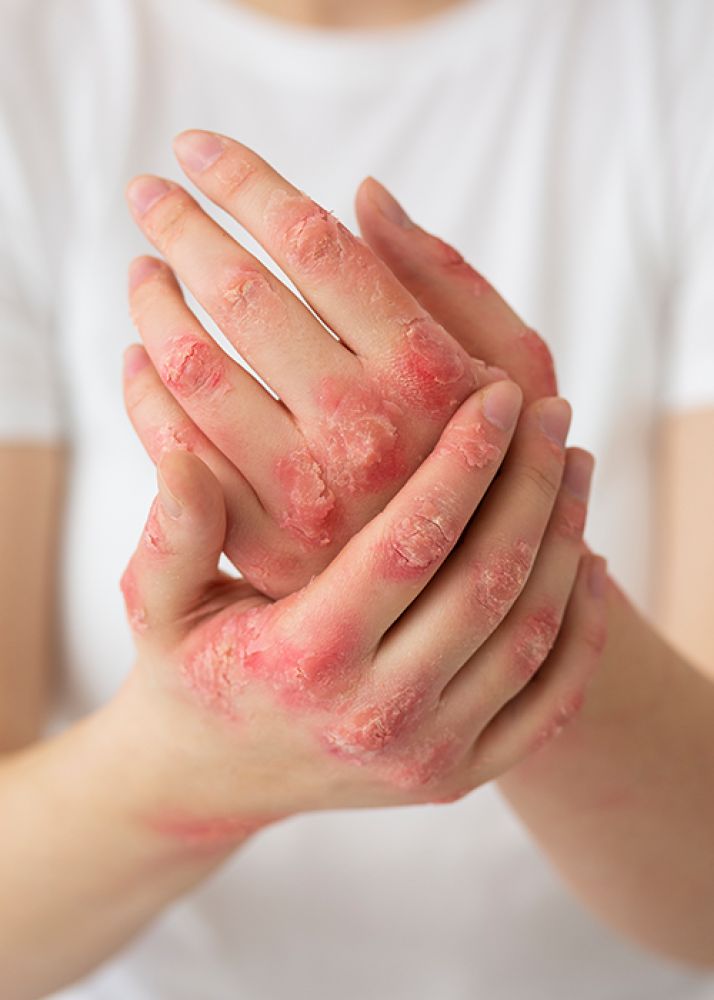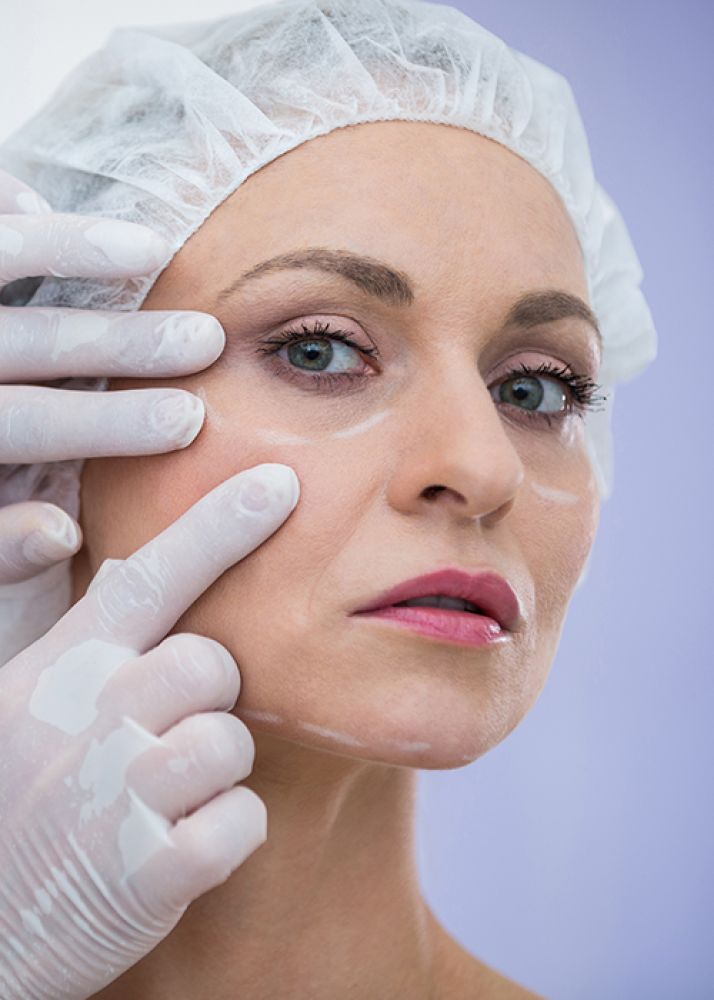
Ways to Manage Eczema: Symptoms, Causes, and Treatment Options
Eczema, also known as “atopic dermatitis,” is a chronic skin condition characterized by itching, dryness, redness, and rashes. It can affect people of all ages, including children, and can negatively impact quality of life. The condition, often triggered by various environmental and genetic factors, requires proper care and treatment to alleviate symptoms. In this article, we explore the symptoms, causes, and management options for eczema.
Eczema symptoms can vary from person to person, appearing in mild or severe forms. The most common symptoms of eczema include:
These symptoms often appear on areas like the inner elbows, back of the knees, face, and hands. In some cases, eczema can lead to open wounds, increasing the risk of infection.
The exact cause of eczema is not fully understood, but it is believed to be a combination of genetic and environmental factors. Common triggers for eczema include:
In addition, irritants like detergents and soaps can also trigger eczema.
Since eczema is a chronic condition, it may not be completely curable. However, it is possible to alleviate symptoms and improve quality of life by following certain precautions.
Moisturizing the skin regularly is one of the most important steps in managing eczema. Well-moisturized skin helps reduce dryness and itching.
Products containing chemicals, such as soaps, detergents, and perfumes, can irritate the skin and worsen eczema symptoms.
Stress can exacerbate eczema symptoms, so practicing relaxation techniques can help alleviate symptoms.
Hot water can strip the skin of its natural oils, causing dryness. Using lukewarm water is more effective in managing eczema.
Eczema-prone skin is sensitive and should be protected from the harmful effects of the sun. Sunscreen can help protect the skin and reduce eczema symptoms.
Treatment for eczema is personalized to control symptoms and prevent flare-ups. Dermatologists may recommend the following treatment options:
Creams containing corticosteroids help reduce itching and inflammation. This treatment should be used under a dermatologist's guidance and control.
Antihistamines, used to relieve allergy-related itching, can be effective, especially in cases of intense itching.
In moderate to severe cases of eczema, phototherapy with UVB rays can help alleviate symptoms.
Special medications to regulate the immune response in the skin may be used, typically prescribed for severe eczema cases.
Eczema requires individualized treatment and care. If your symptoms are difficult to manage, or if you experience constant itching, redness, or sensitivity, consult a dermatologist. Your dermatologist can determine the most suitable treatment options for your skin condition and help you manage eczema effectively.
Caring for your skin and following a regular skincare routine is the most effective way to alleviate eczema symptoms. With the right treatment and proper care, you can maintain a healthy skin appearance.
Winter Skin Care

Daily Skincare Routine

Anti-Aging Skincare: What to Pay Attention to?

Ways to Manage Eczema

HPV and Its Effects on the Skin

You can easily reach us through our contact page. Please fill out the form for your questions, suggestions or appointment requests.
Address
Hançerli Mah. Fatih Sultan Mehmet Cad. No: 155 İlkadım/SAMSUN
Show on GoogleMapinfo@gulsekerlisoytatar.com.tr
Working Hours
Monday-Saturday
09:00 - 17:00